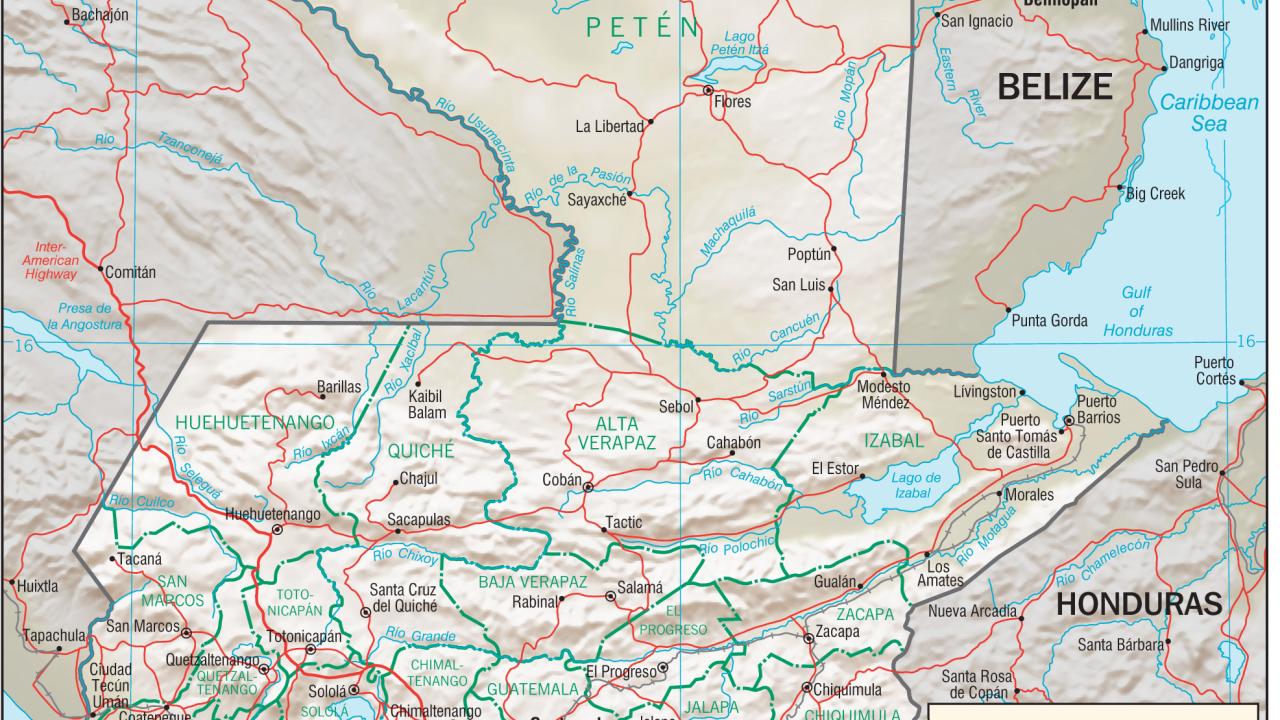
Smallholder farming has been the institutional structure for some of the most effective historical contributions of agriculture to economic development. Yet, this very social structure is under threat as globalization, trade liberalization, and the development of integrated value chains for food communities progresses. This project analyzes three institutional innovations with potential of increasing the competitiveness of the smallholder sector: fair trade, the linking of insurance to credit, and the use of credit bureaus in microfinance lending.
Guatemala has an unusually large smallholder sector with a strong indigenous base engaged in labor intensive non-traditional exports. It is an excellent natural laboratory since it combines widespread smallholder farming with a rapidly-growing high value export sector. Results from this project will provide an unusual combination of benefits: opportunities for collaborating institutions (including fair trade agencies, producer cooperatives and microfinance lenders) to improve their products and provide information for policymakers to improve policy design.
